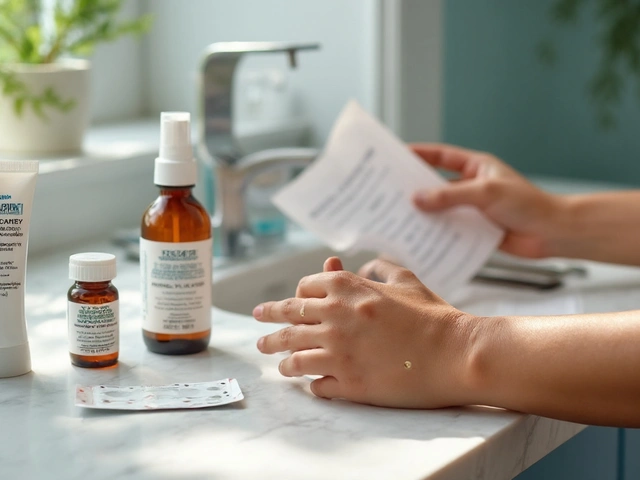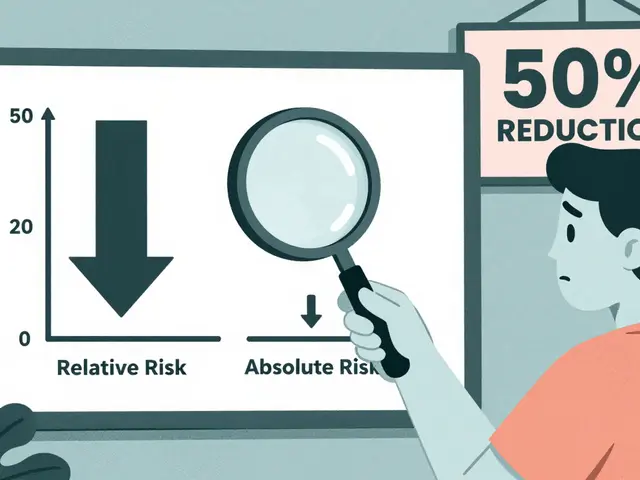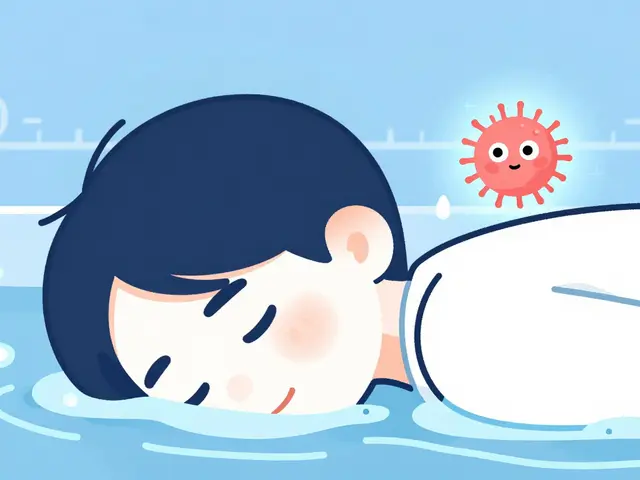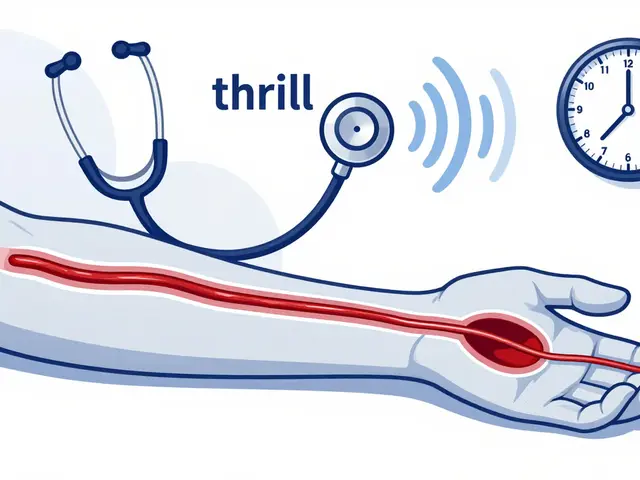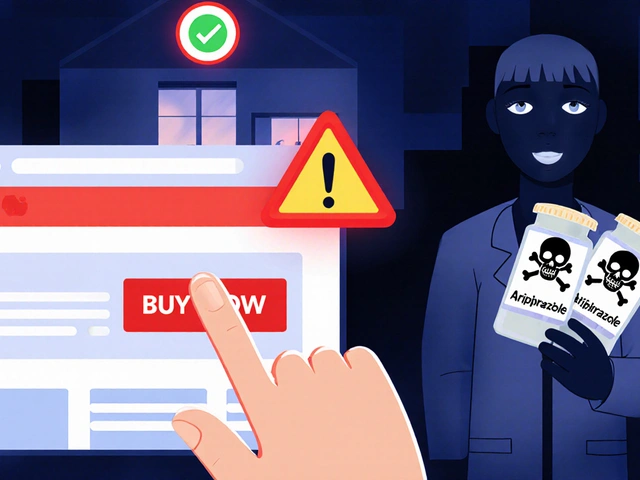Patient Safety: How to Protect Yourself When Buying Meds & Supplements Online
When you order pills, vitamins, or skin creams online, the first thought should be safety, not just price. A cheap deal can hide counterfeit drugs, hidden side‑effects, or scams that put your health at risk. This guide gives you quick, practical steps to protect yourself, whether you’re buying a prescription, an over‑the‑counter painkiller, or a trendy supplement.
Check the legitimacy of any online pharmacy
Start with the pharmacy’s credentials. Look for a valid license displayed on the site, a physical address, and a working phone number. In Australia, check the Pharmacy Board register; in the U.S., verify with the NABP’s .pharmacy program. If any of these are missing or look fake, walk away.
Next, hunt for secure payment methods. Real pharmacies use HTTPS encryption (look for the padlock icon) and reputable processors like Stripe or PayPal. Never send cash, wire transfers, or crypto to a site that promises a ‘miracle cure’—that’s a classic red flag for fraud.
Medication safety goes beyond the seller. Always read the approved label, dosage instructions, and contraindications. If a drug is sold without a prescription or the dosage looks unusually high, that’s a warning sign. Compare prices with local pharmacies—if the deal is 50% cheaper, it’s probably counterfeit or sub‑standard.
Know the risks of supplements and off‑label meds
When it comes to supplements, the rules are looser, so the risk is higher. Plants like bulbous buttercup or exotic extracts may contain toxic compounds such as protoanemonin. Check if the ingredient list is transparent, look for third‑party testing seals, and avoid products that claim to cure everything from acne to cancer.
If you’re unsure about a new supplement, ask your pharmacist or doctor. A quick chat can reveal drug‑drug interactions, hidden allergens, or dosage mistakes that could harm you. Keep a written record of everything you take; it helps your healthcare team spot problems before they become serious.
Watch out for ‘no‑prescription’ offers on prescription‑only meds like Caduet, Lasix, or Kamagra. Those products often bypass safety checks, meaning you get no guidance on side effects, contraindications, or proper use. The cheapest price isn’t worth a potential heart attack or kidney damage.
If you suspect a product is unsafe, report it immediately. In the U.S., use the FDA’s MedWatch; in Australia, contact the TGA’s Adverse Events Register. Your report helps pull dangerous items off the market and protects other shoppers.
Finally, keep your software and browsers up to date. Security patches close loopholes that hackers exploit to hijack shopping sites or steal your personal data. Also, consider using a credit card instead of a debit card for extra fraud protection.
Remember, safe shopping is a habit. Take a second to verify each site before you click; your health is worth the effort.
AstraZeneca Faces Regulatory Repercussions for Symbicort Advertisement Violations
AstraZeneca's advertising approach for its respiratory medication, Symbicort, faced significant scrutiny from the PMCPA in the UK. This was due to six breaches in marketing rules, emphasizing the pharmaceutical industry's commitment to patient safety.

